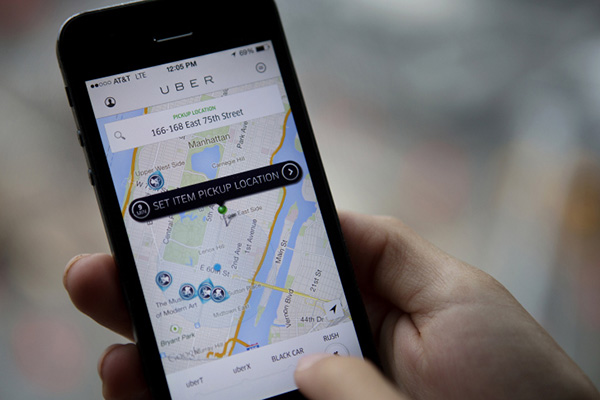
Much like the Stone Age, Bronze Age, and Medieval Period, we as a society are beginning to undergo a drastic change. What that change might be you ask? Just look around you. Chances are the vast majority of people you see everywhere are on their phone. The entirety of our planet is entering what should be called: “The Mobile Age”. In an article by PC Magazine, they state;
“By 2020, global smartphone subscriptions will more than double to 6.1 billion, 70 percent of people will use smartphones, and 90 percent will be covered by mobile broadband networks.”
Mobile first is the ideology that is almost fully encompassing our day-to-day activities. As a highly intelligent civilization, ironically we are almost useless without our cellular sidekick. Checking emails on the go, finding local businesses, messaging, and location services are all made convenient and possible by the advancement of smartphone technology. Due to this trend, mobile application development has progressively taken off as being both a lucrative business and operational activity for discussion. Mobile apps are what make smartphones in an enterprise setting immensely advantageous. However, the amount of reliability we put on these applications can actually be considered an Achilles’ heel for companies that don’t put enough time and effort to investing in mobile application security.
Issues with Security
Most companies don’t realize just how important mobile application security is and how it can prevent a slew of issues that may arise without proper encryption. According to a report by Now Secure:
• “24.7 percent of mobile apps include at least one high risk security flaw”
• “The average device connects to 160 unique IP addresses every day.”
• “Business apps are three times more likely to leak login credentials than the average app.”
With an increasingly amount of smartphone users, especially in the workplace, this presents an opportunity for cybercriminals to attack. According to We Live Security, “For cybercriminals then, the economics of mobile attacks are obvious. By attacking these devices, they can reach and infect more machines, and earn more money by exploiting individual users or by selling their details via the black market.” The lack of carefulness and education involved with handling these devices by employees, has lead to expanded issues with online safety.
Need of Security
Image Source: static.pexels.com
Mobile application security issues can directly dismantle an entire corporation. Without proper protection, hackers can perform sophisticated cyber attacks enabling them to gain access to business and personal data. This could be anywhere from bank information, passwords, and sensitive data, all the way to client email lists, digital assets, critical financial files, and critical company resources. These problems can especially be detrimental to online ecommerce sellers that possess delicate customer information.
How do you Stop it?
There are quite a few steps for any business to take in order to help prevent malware and security concerns. Essentially, the biggest thing to remember is that smartphone security and online web security isn’t the same beast, you need to treat cellular safety separately. In this blog post from DarkReading, a few remarkably helpful tips are given:
• Creating source code scanning tools can help make smartphone apps more resilient to an online attack.
• Giving restrictions to devices that are able to download unauthorized apps, companies can take away functionalities and prevent access to important business resources.
• Developing a capability that can remotely wipe sensitive data from compromised mobile devices can aid in the fight against data leakage.
• Tracking context of where certain mobile transactions are coming from can help restrict access to company systems.
The idea is that prevention is the best practice. If circumstances do arise, cyber web attacks and remote device infiltration should both have the necessary steps for avoidance.
Your company’s software developers should have a zero tolerance policy against ignorance. Thinking your smartphone or tablet application is fully secured against any forms of hacking or information theft is your biggest mistake when fighting against web software bandits. Just when you least expect it, someone could potentially permeate through your development systems and take whatever information they want. Make sure to follow safe practices and keep your cellular applications safe from harm!












